Partitions Numériques205
Matériel de Musique111
STUDIO |
SONO |
LUMIERE |
DEEJAY |
MICROPHONE |
MARQUES |
GUITARE |
CLAVIER |
PERCUSSION |
CUIVRE / VENT
|
NOËL
|
CORDES/TRAD.
|
R.AVANCÉE
205 partitions trouvées
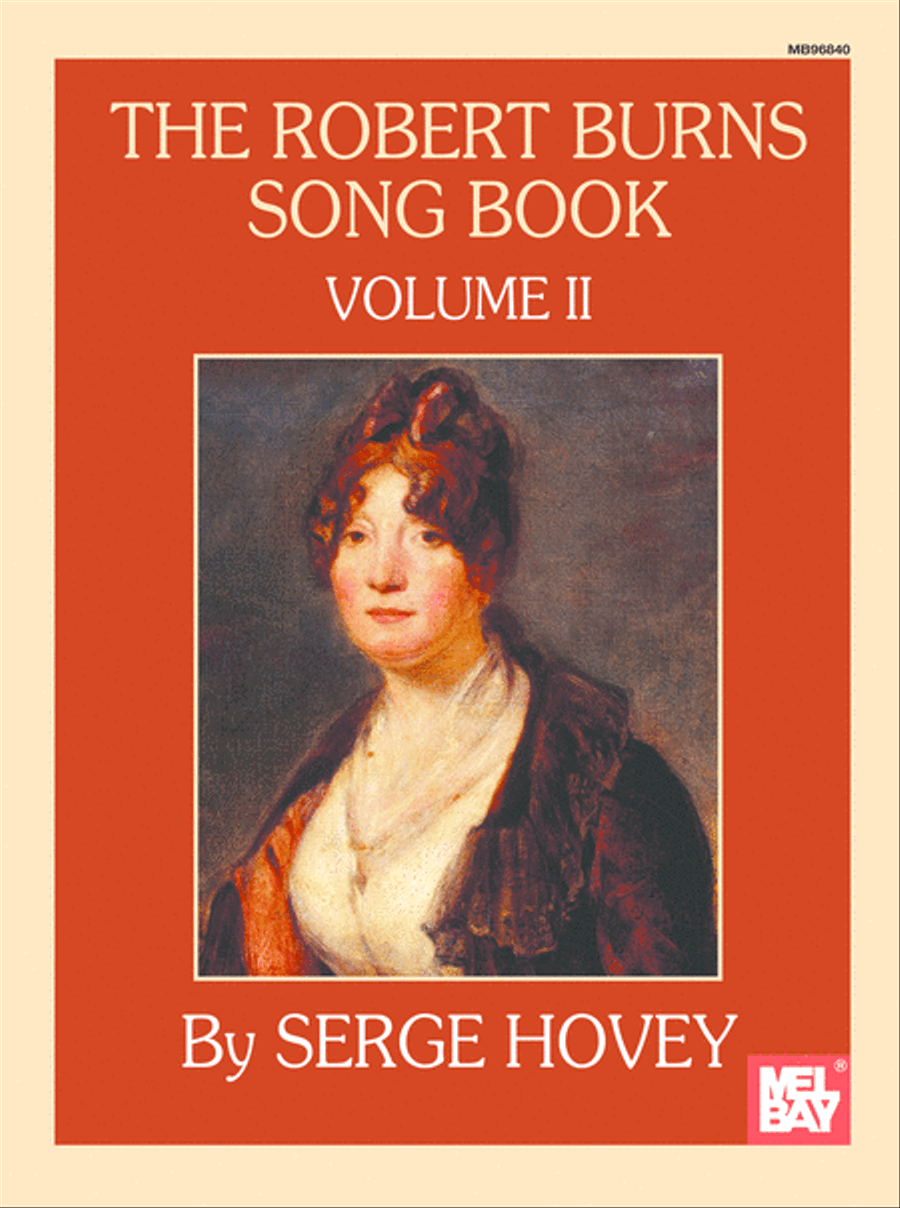 The Robert Burns Song Book Volume II #Piano, Voix #INTERMÉDIAIRE #Robert Burns #The Robert Burns Song Book Vol #Mel Bay Publications -
Digital Sheet Music #SheetMusicPlus
The Robert Burns Song Book Volume II #Piano, Voix #INTERMÉDIAIRE #Robert Burns #The Robert Burns Song Book Vol #Mel Bay Publications -
Digital Sheet Music #SheetMusicPlus
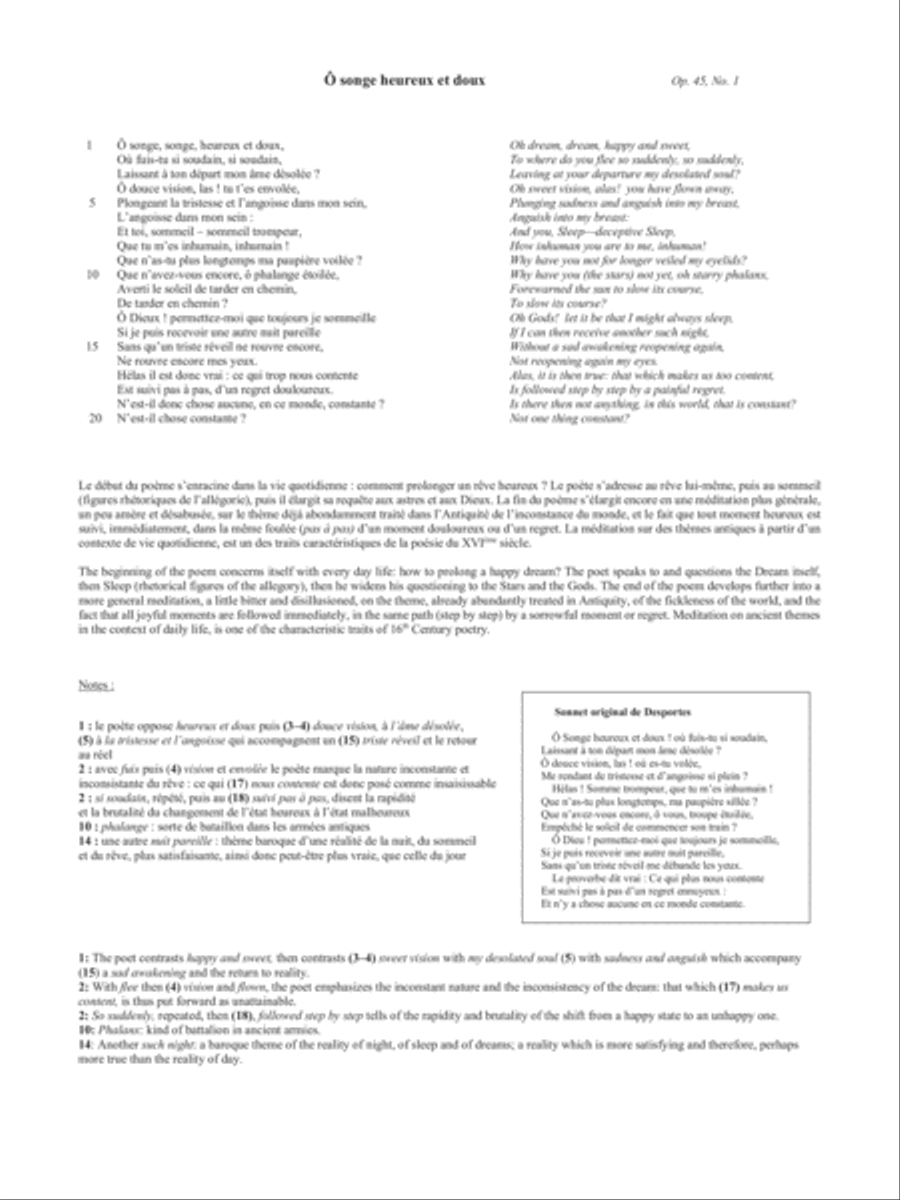 Op. 45, No. 1: Ô songe heureux et doux from Songs of Gouvy, V2 (Downloadable) #Piano, Voix #INTERMÉDIAIRE #MeeAe Cecilia Nam and Theodore #Op. 45, No. 1: Ô songe h #E. C. Schirmer Music Company - Digital #SheetMusicPlus
Op. 45, No. 1: Ô songe heureux et doux from Songs of Gouvy, V2 (Downloadable) #Piano, Voix #INTERMÉDIAIRE #MeeAe Cecilia Nam and Theodore #Op. 45, No. 1: Ô songe h #E. C. Schirmer Music Company - Digital #SheetMusicPlus
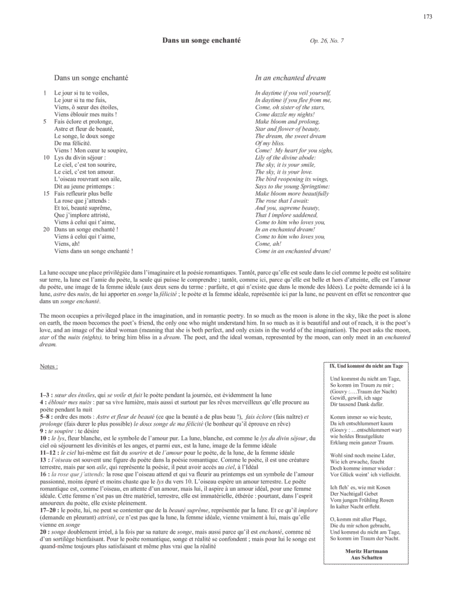 Op. 1, No. 7: Dans un songe enchanté from Songs of Gouvy, V2 (Downloadable) #Piano, Voix #INTERMÉDIAIRE #MeeAe Cecilia Nam and Theodore #Op. 1, No. 7: Dans un songe en #E. C. Schirmer Music Company - Digital #SheetMusicPlus
Op. 1, No. 7: Dans un songe enchanté from Songs of Gouvy, V2 (Downloadable) #Piano, Voix #INTERMÉDIAIRE #MeeAe Cecilia Nam and Theodore #Op. 1, No. 7: Dans un songe en #E. C. Schirmer Music Company - Digital #SheetMusicPlus
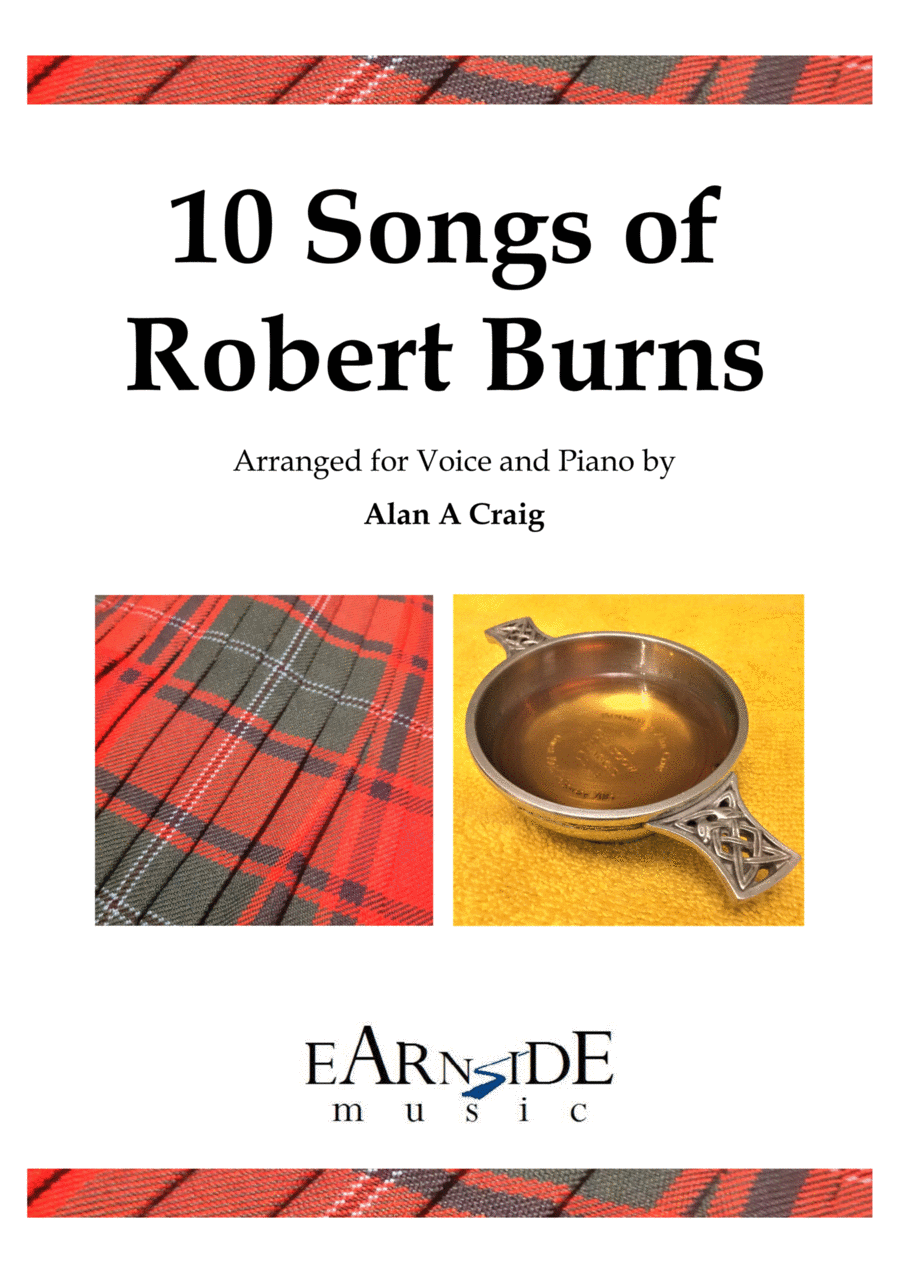 Ten Songs of Robert Burns #Piano, Voix #INTERMÉDIAIRE #Traditional Scottish #Alan A Craig #Ten Songs of Robert Burns #Earnside Music #SheetMusicPlus
Ten Songs of Robert Burns #Piano, Voix #INTERMÉDIAIRE #Traditional Scottish #Alan A Craig #Ten Songs of Robert Burns #Earnside Music #SheetMusicPlus
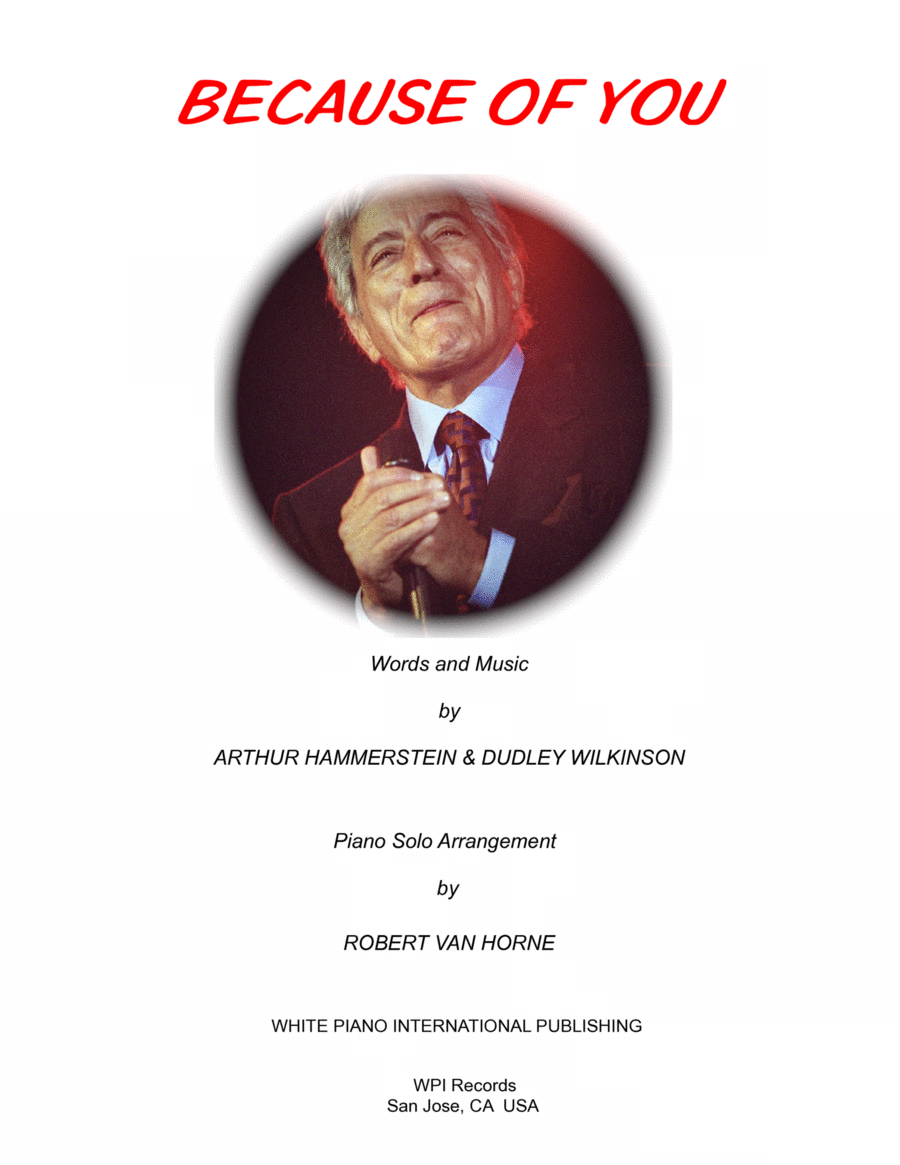 Because Of You #Piano, Voix #INTERMÉDIAIRE #Arthur Hammerstein and Dudley #ROBERT VAN HORNE #Because Of You #White Piano International Publishing #SheetMusicPlus
Because Of You #Piano, Voix #INTERMÉDIAIRE #Arthur Hammerstein and Dudley #ROBERT VAN HORNE #Because Of You #White Piano International Publishing #SheetMusicPlus
 Life's Garden - medium voice-piano #Piano, Voix #INTERMÉDIAIRE #Carrie Jacobs-Bond #Phil Beaman #like sympathy, devotion, etc #Life's Garden - medium voice-p #Phil Beaman #SheetMusicPlus
Life's Garden - medium voice-piano #Piano, Voix #INTERMÉDIAIRE #Carrie Jacobs-Bond #Phil Beaman #like sympathy, devotion, etc #Life's Garden - medium voice-p #Phil Beaman #SheetMusicPlus
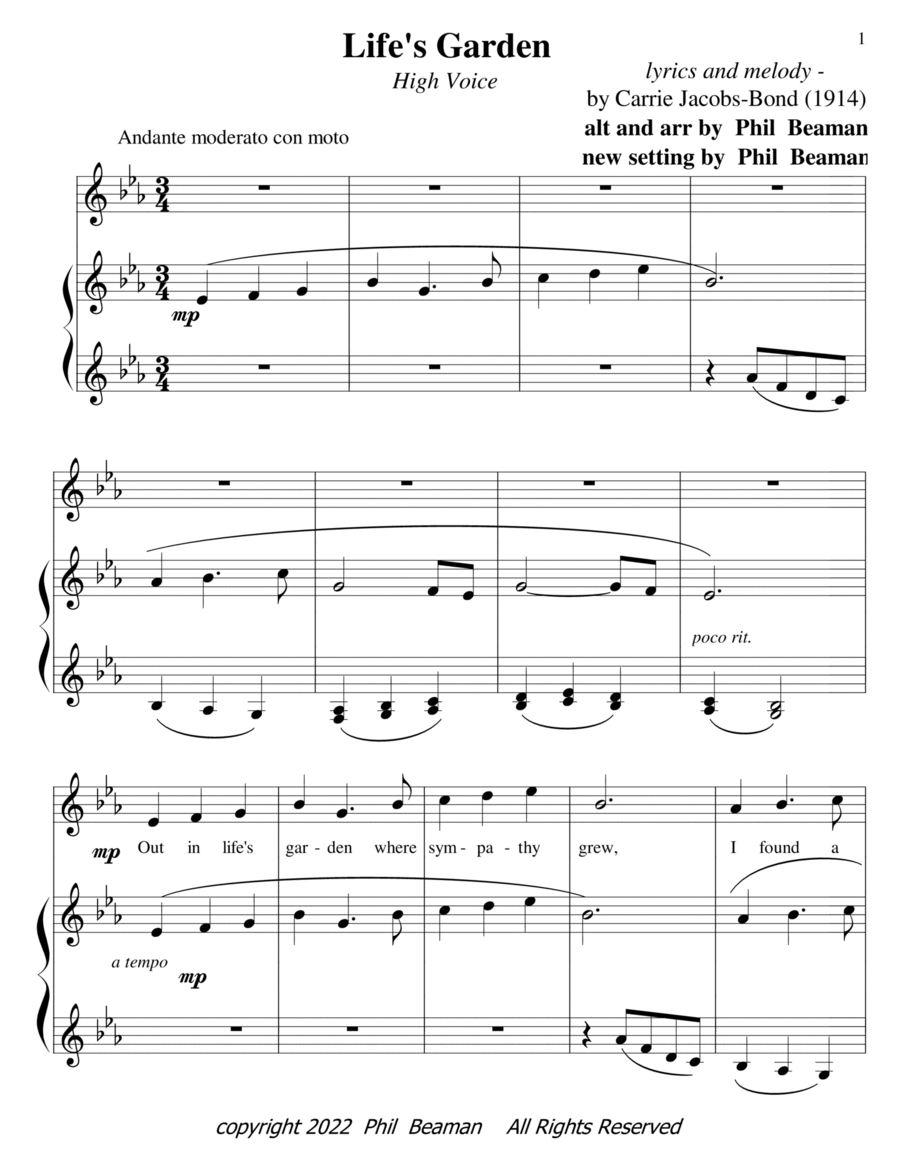 Life's Garden - high voice-piano #Piano, Voix #INTERMÉDIAIRE #Carrie Jacobs-Bond #Phil Beaman #like sympathy, devotion, etc #Life's Garden - high voice-pia #Phil Beaman #SheetMusicPlus
Life's Garden - high voice-piano #Piano, Voix #INTERMÉDIAIRE #Carrie Jacobs-Bond #Phil Beaman #like sympathy, devotion, etc #Life's Garden - high voice-pia #Phil Beaman #SheetMusicPlus
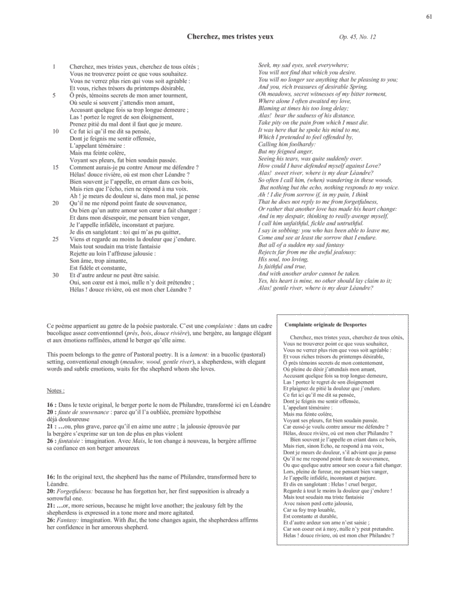 Op. 45, No. 12: Cherchez, mes tristes yeux from Songs of Gouvy, V2 (Downloadable) #Piano, Voix #INTERMÉDIAIRE #MeeAe Cecilia Nam and Theodore #Op. 45, No. 12: Cherchez, mes #E. C. Schirmer Music Company - Digital #SheetMusicPlus
Op. 45, No. 12: Cherchez, mes tristes yeux from Songs of Gouvy, V2 (Downloadable) #Piano, Voix #INTERMÉDIAIRE #MeeAe Cecilia Nam and Theodore #Op. 45, No. 12: Cherchez, mes #E. C. Schirmer Music Company - Digital #SheetMusicPlus
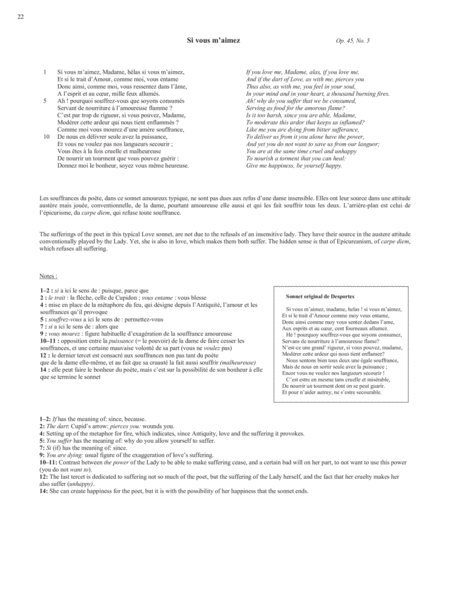 Op. 45, No. 5: Si vous m’aimez from Songs of Gouvy, V2 (Downloadable) #Piano, Voix #INTERMÉDIAIRE #MeeAe Cecilia Nam and Theodore #Op. 45, No. 5: Si vous m&rsquo #E. C. Schirmer Music Company - Digital #SheetMusicPlus
Op. 45, No. 5: Si vous m’aimez from Songs of Gouvy, V2 (Downloadable) #Piano, Voix #INTERMÉDIAIRE #MeeAe Cecilia Nam and Theodore #Op. 45, No. 5: Si vous m&rsquo #E. C. Schirmer Music Company - Digital #SheetMusicPlus
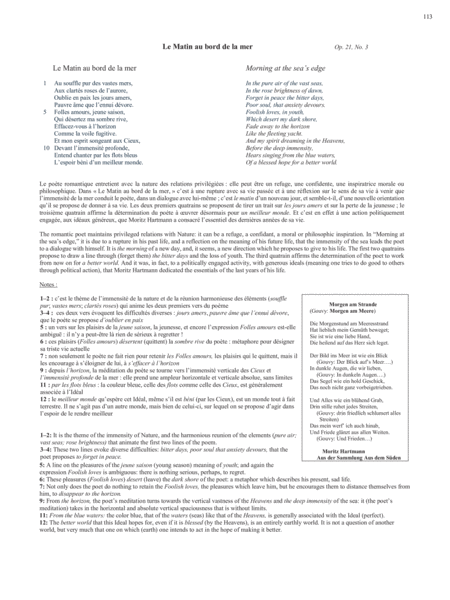 Op. 21, No. 3: Le Matin au bord de la mer from Songs of Gouvy, V2 (Downloadable) #Piano, Voix #INTERMÉDIAIRE #MeeAe Cecilia Nam and Theodore #Op. 21, No. 3: Le Matin au bor #E. C. Schirmer Music Company - Digital #SheetMusicPlus
Op. 21, No. 3: Le Matin au bord de la mer from Songs of Gouvy, V2 (Downloadable) #Piano, Voix #INTERMÉDIAIRE #MeeAe Cecilia Nam and Theodore #Op. 21, No. 3: Le Matin au bor #E. C. Schirmer Music Company - Digital #SheetMusicPlus
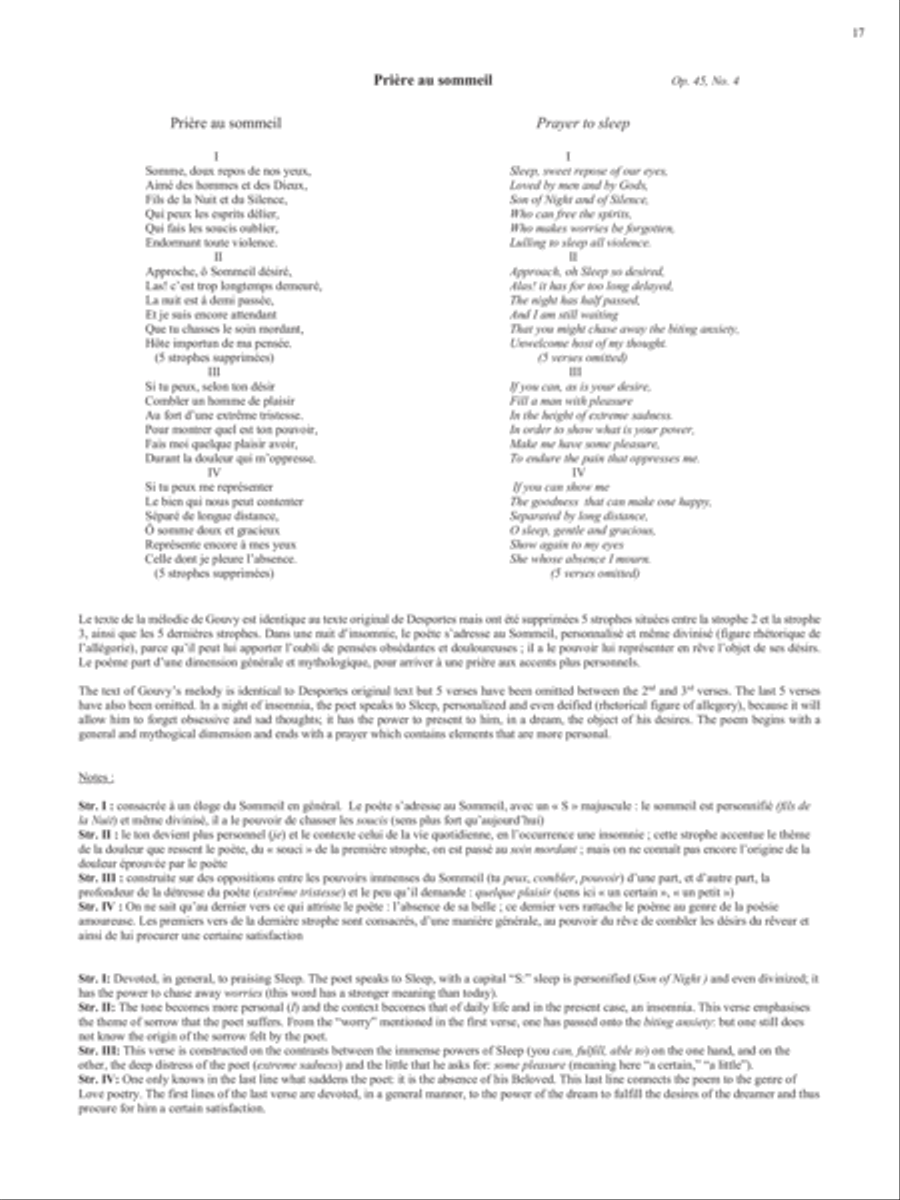 Op. 45, No. 4: Prière au sommeil from Songs of Gouvy, V2 (Downloadable) #Piano, Voix #INTERMÉDIAIRE #MeeAe Cecilia Nam and Theodore #Op. 45, No. 4: Prière a #E. C. Schirmer Music Company - Digital #SheetMusicPlus
Op. 45, No. 4: Prière au sommeil from Songs of Gouvy, V2 (Downloadable) #Piano, Voix #INTERMÉDIAIRE #MeeAe Cecilia Nam and Theodore #Op. 45, No. 4: Prière a #E. C. Schirmer Music Company - Digital #SheetMusicPlus
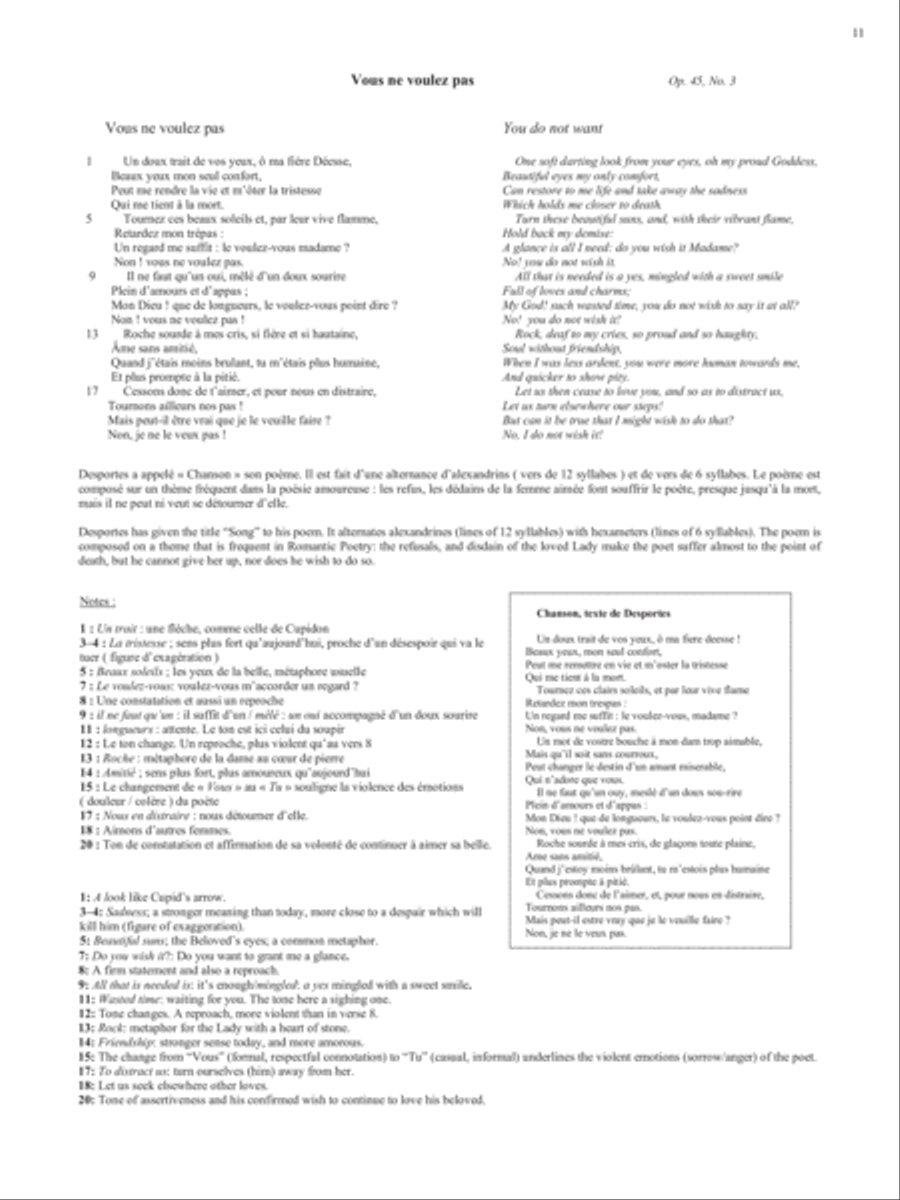 Op. 45, No. 3: Vous ne voulez pas from Songs of Gouvy, V2 (Downloadable) #Piano, Voix #INTERMÉDIAIRE #MeeAe Cecilia Nam and Theodore #Op. 45, No. 3: Vous ne voulez #E. C. Schirmer Music Company - Digital #SheetMusicPlus
Op. 45, No. 3: Vous ne voulez pas from Songs of Gouvy, V2 (Downloadable) #Piano, Voix #INTERMÉDIAIRE #MeeAe Cecilia Nam and Theodore #Op. 45, No. 3: Vous ne voulez #E. C. Schirmer Music Company - Digital #SheetMusicPlus
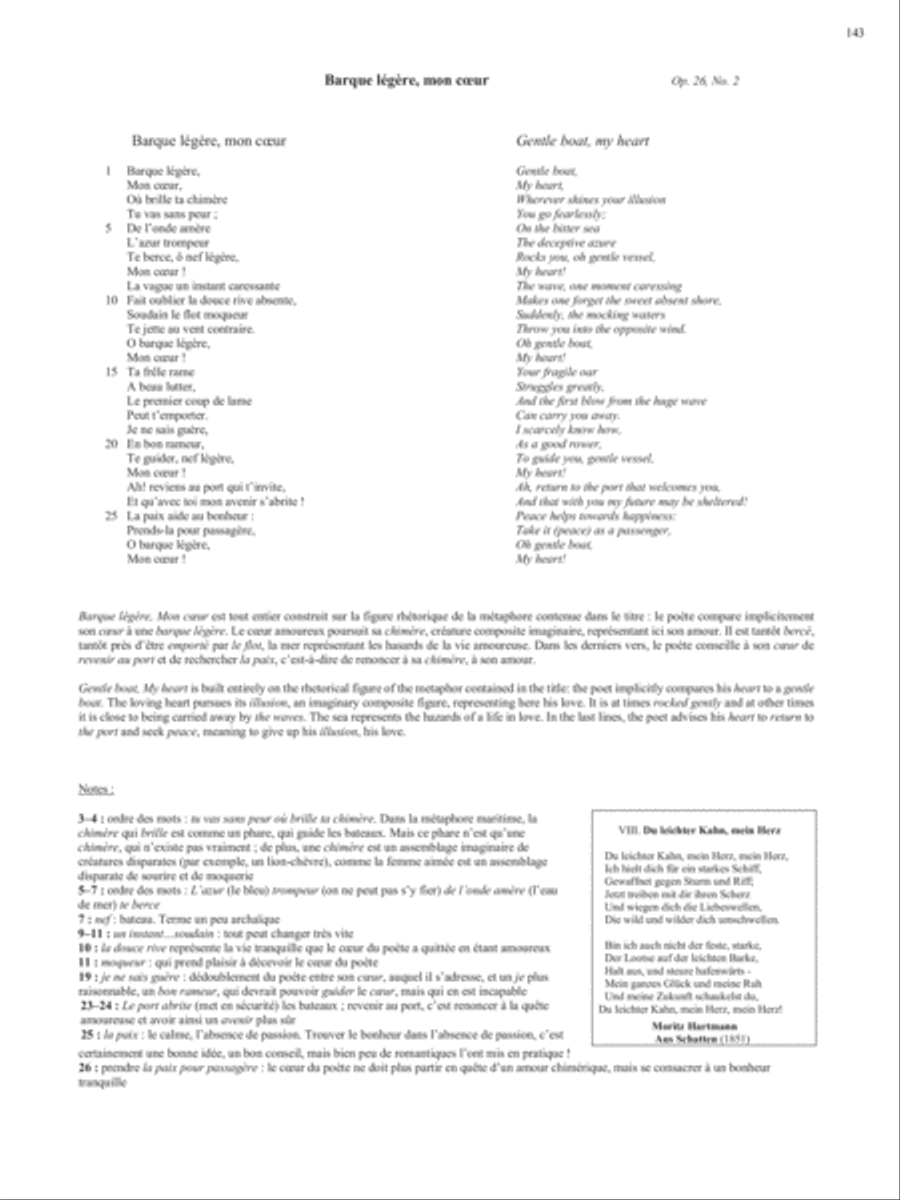 Op. 1, No. 2: Barque légère, mon coeur from Songs of Gouvy, V2 (Downloadable) #Piano, Voix #INTERMÉDIAIRE #MeeAe Cecilia Nam and Theodore #Op. 1, No. 2: Barque lé #E. C. Schirmer Music Company - Digital #SheetMusicPlus
Op. 1, No. 2: Barque légère, mon coeur from Songs of Gouvy, V2 (Downloadable) #Piano, Voix #INTERMÉDIAIRE #MeeAe Cecilia Nam and Theodore #Op. 1, No. 2: Barque lé #E. C. Schirmer Music Company - Digital #SheetMusicPlus
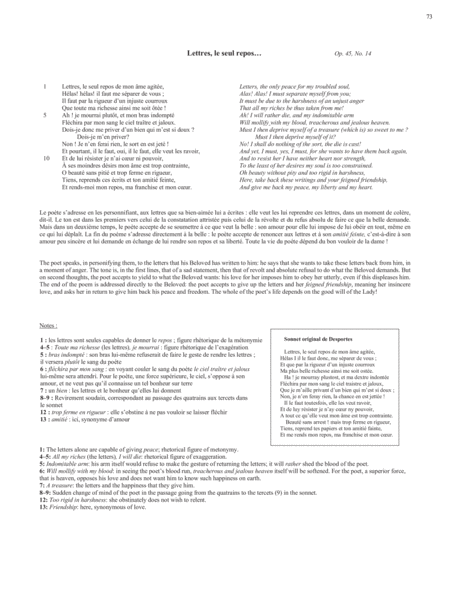 Op. 45, No. 14: Lettres, le seul repos from Songs of Gouvy, V2 (Downloadable) #Piano, Voix #INTERMÉDIAIRE #MeeAe Cecilia Nam and Theodore #Op. 45, No. 14: Lettres, le se #E. C. Schirmer Music Company - Digital #SheetMusicPlus
Op. 45, No. 14: Lettres, le seul repos from Songs of Gouvy, V2 (Downloadable) #Piano, Voix #INTERMÉDIAIRE #MeeAe Cecilia Nam and Theodore #Op. 45, No. 14: Lettres, le se #E. C. Schirmer Music Company - Digital #SheetMusicPlus
 Op. 45, No. 10: Le calme de mes jours from Songs of Gouvy, V2 (Downloadable) #Piano, Voix #INTERMÉDIAIRE #MeeAe Cecilia Nam and Theodore #Op. 45, No. 10: Le calme de me #E. C. Schirmer Music Company - Digital #SheetMusicPlus
Op. 45, No. 10: Le calme de mes jours from Songs of Gouvy, V2 (Downloadable) #Piano, Voix #INTERMÉDIAIRE #MeeAe Cecilia Nam and Theodore #Op. 45, No. 10: Le calme de me #E. C. Schirmer Music Company - Digital #SheetMusicPlus
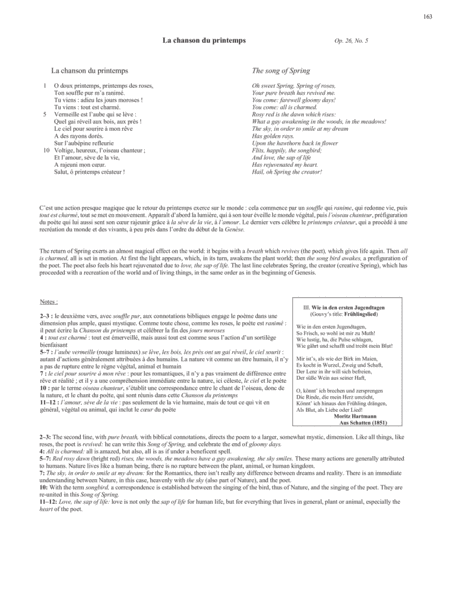 Op. 1, No. 5: La chanson du printemps from Songs of Gouvy, V2 (Downloadable) #Piano, Voix #INTERMÉDIAIRE #MeeAe Cecilia Nam and Theodore #Op. 1, No. 5: La chanson du pr #E. C. Schirmer Music Company - Digital #SheetMusicPlus
Op. 1, No. 5: La chanson du printemps from Songs of Gouvy, V2 (Downloadable) #Piano, Voix #INTERMÉDIAIRE #MeeAe Cecilia Nam and Theodore #Op. 1, No. 5: La chanson du pr #E. C. Schirmer Music Company - Digital #SheetMusicPlus
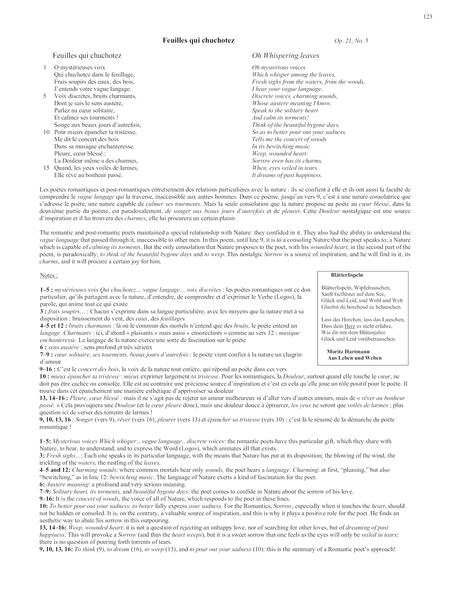 Op. 21, No. 5: Feuilles qui chuchotez from Songs of Gouvy, V2 (Downloadable) #Piano, Voix #INTERMÉDIAIRE #MeeAe Cecilia Nam and Theodore #Op. 21, No. 5: Feuilles qui ch #E. C. Schirmer Music Company - Digital #SheetMusicPlus
Op. 21, No. 5: Feuilles qui chuchotez from Songs of Gouvy, V2 (Downloadable) #Piano, Voix #INTERMÉDIAIRE #MeeAe Cecilia Nam and Theodore #Op. 21, No. 5: Feuilles qui ch #E. C. Schirmer Music Company - Digital #SheetMusicPlus
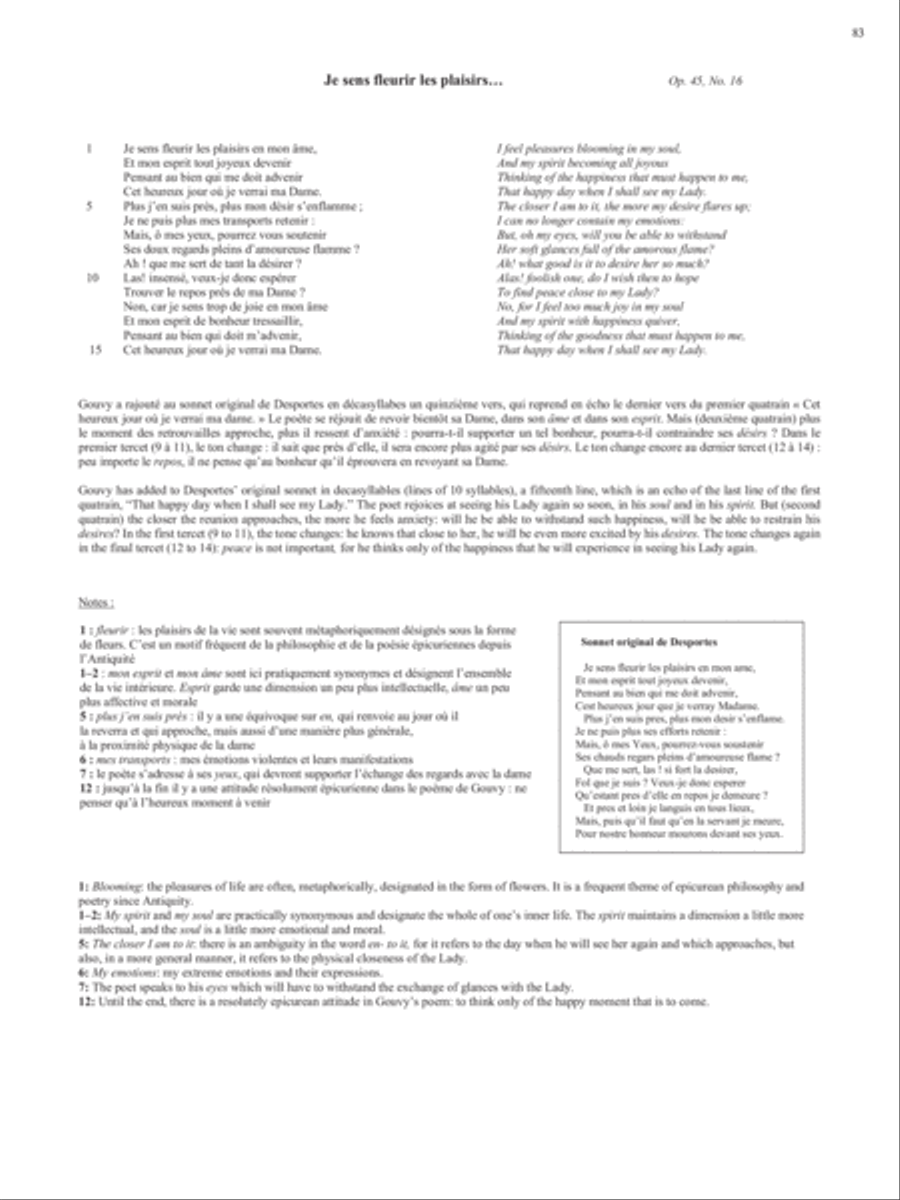 Op. 45, No. 16: Je sens fleurir les plaisirs… from Songs of Gouvy, V2 (Downloadable) #Piano, Voix #INTERMÉDIAIRE #MeeAe Cecilia Nam and Theodore #Op. 45, No. 16: Je sens fleuri #E. C. Schirmer Music Company - Digital #SheetMusicPlus
Op. 45, No. 16: Je sens fleurir les plaisirs… from Songs of Gouvy, V2 (Downloadable) #Piano, Voix #INTERMÉDIAIRE #MeeAe Cecilia Nam and Theodore #Op. 45, No. 16: Je sens fleuri #E. C. Schirmer Music Company - Digital #SheetMusicPlus
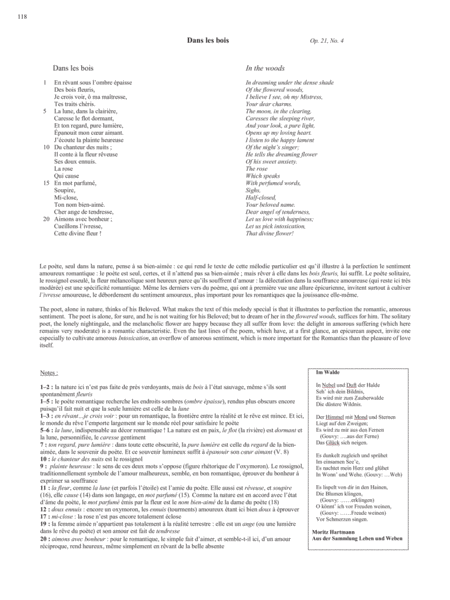 Op. 21, No. 4: Dans les bois from Songs of Gouvy, V2 (Downloadable) #Piano, Voix #INTERMÉDIAIRE #MeeAe Cecilia Nam and Theodore #Op. 21, No. 4: Dans les bois f #E. C. Schirmer Music Company - Digital #SheetMusicPlus
Op. 21, No. 4: Dans les bois from Songs of Gouvy, V2 (Downloadable) #Piano, Voix #INTERMÉDIAIRE #MeeAe Cecilia Nam and Theodore #Op. 21, No. 4: Dans les bois f #E. C. Schirmer Music Company - Digital #SheetMusicPlus
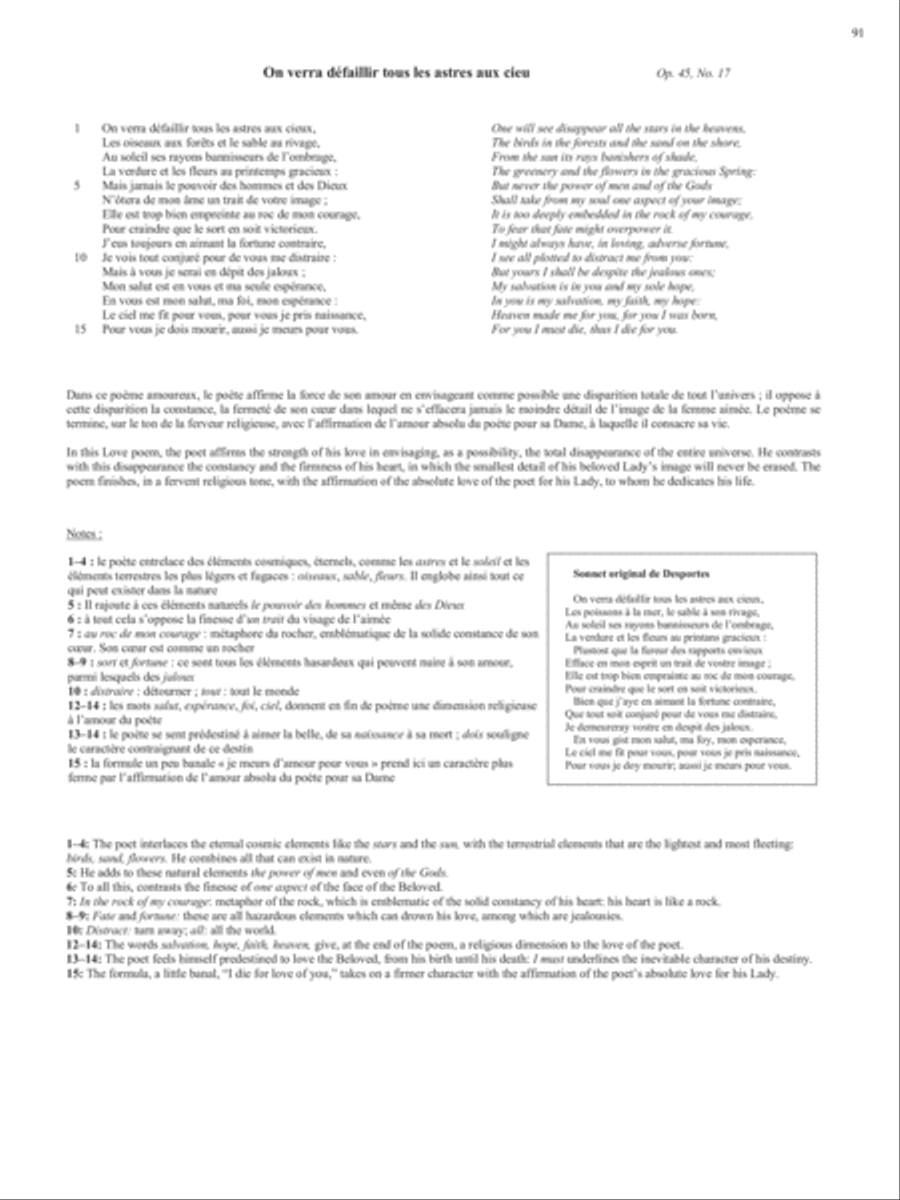 Op. 45, No. 17: On verra défaillir tous les astres aux cieu from Songs of Gouvy, V2 (Downloadable) #Piano, Voix #INTERMÉDIAIRE #MeeAe Cecilia Nam and Theodore #Op. 45, No. 17: On verra d&eac #E. C. Schirmer Music Company - Digital #SheetMusicPlus
Op. 45, No. 17: On verra défaillir tous les astres aux cieu from Songs of Gouvy, V2 (Downloadable) #Piano, Voix #INTERMÉDIAIRE #MeeAe Cecilia Nam and Theodore #Op. 45, No. 17: On verra d&eac #E. C. Schirmer Music Company - Digital #SheetMusicPlus
 Op. 1, No. 3: Adieu from Songs of Gouvy, V2 (Downloadable) #Piano, Voix #INTERMÉDIAIRE #MeeAe Cecilia Nam and Theodore #Op. 1, No. 3: Adieu from Songs #E. C. Schirmer Music Company - Digital #SheetMusicPlus
Op. 1, No. 3: Adieu from Songs of Gouvy, V2 (Downloadable) #Piano, Voix #INTERMÉDIAIRE #MeeAe Cecilia Nam and Theodore #Op. 1, No. 3: Adieu from Songs #E. C. Schirmer Music Company - Digital #SheetMusicPlus
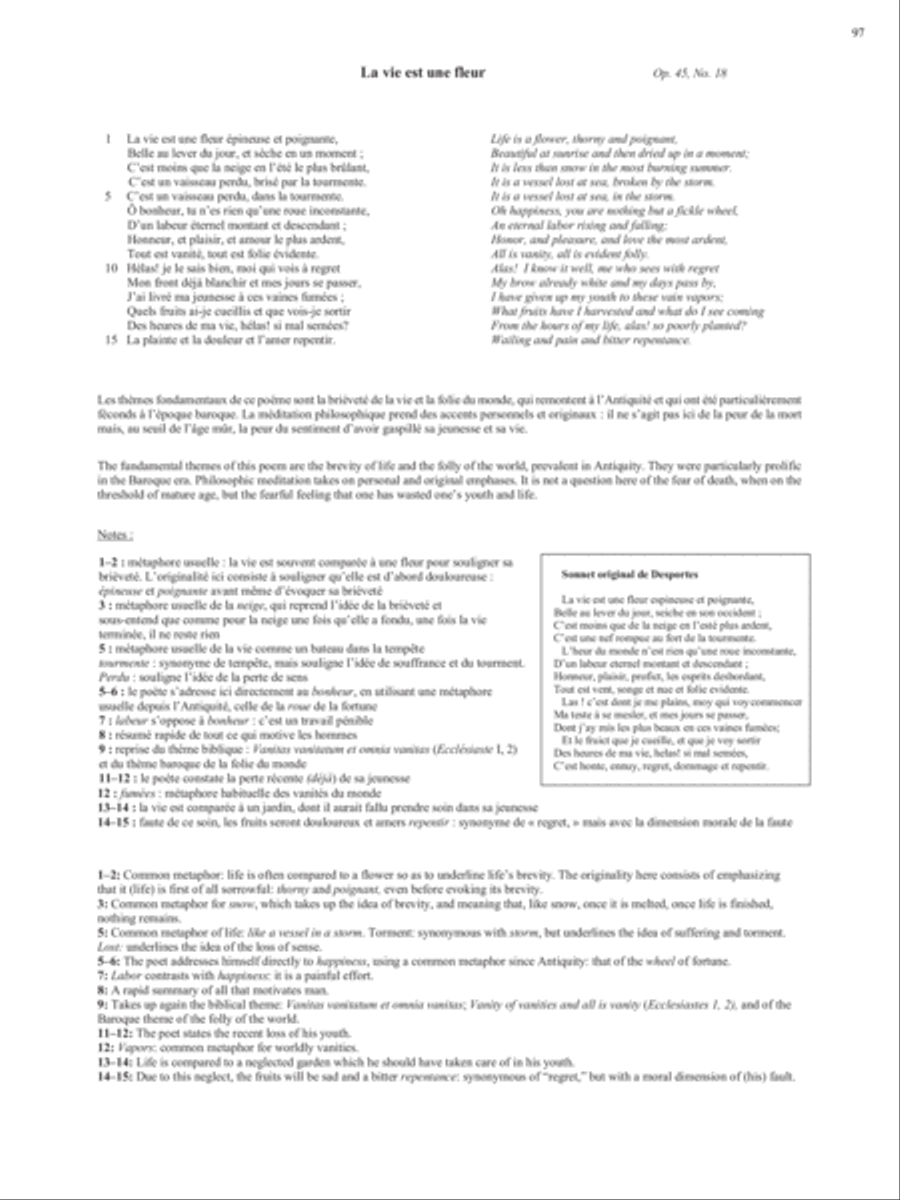 Op. 45, No. 18: La vie est une fleur from Songs of Gouvy, V2 (Downloadable) #Piano, Voix #INTERMÉDIAIRE #MeeAe Cecilia Nam and Theodore #Op. 45, No. 18: La vie est une #E. C. Schirmer Music Company - Digital #SheetMusicPlus
Op. 45, No. 18: La vie est une fleur from Songs of Gouvy, V2 (Downloadable) #Piano, Voix #INTERMÉDIAIRE #MeeAe Cecilia Nam and Theodore #Op. 45, No. 18: La vie est une #E. C. Schirmer Music Company - Digital #SheetMusicPlus
 Op. 21, No. 6: Amour brisé from Songs of Gouvy, V2 (Downloadable) #Piano, Voix #INTERMÉDIAIRE #MeeAe Cecilia Nam and Theodore #Op. 21, No. 6: Amour bris&eacu #E. C. Schirmer Music Company - Digital #SheetMusicPlus
Op. 21, No. 6: Amour brisé from Songs of Gouvy, V2 (Downloadable) #Piano, Voix #INTERMÉDIAIRE #MeeAe Cecilia Nam and Theodore #Op. 21, No. 6: Amour bris&eacu #E. C. Schirmer Music Company - Digital #SheetMusicPlus
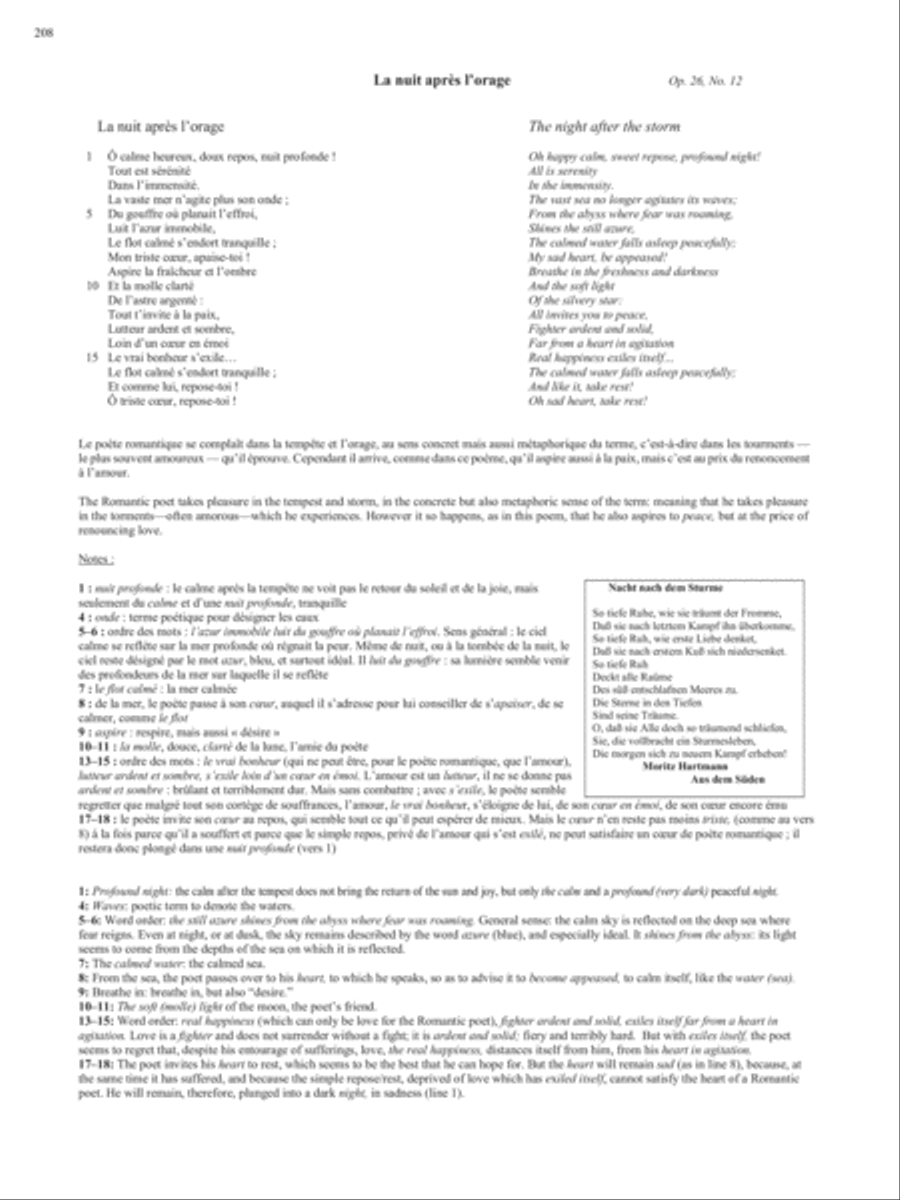 Op. 1, No. 12: La nuit après l’orage from Songs of Gouvy, V2 (Downloadable) #Piano, Voix #INTERMÉDIAIRE #MeeAe Cecilia Nam and Theodore #Op. 1, No. 12: La nuit apr&egr #E. C. Schirmer Music Company - Digital #SheetMusicPlus
Op. 1, No. 12: La nuit après l’orage from Songs of Gouvy, V2 (Downloadable) #Piano, Voix #INTERMÉDIAIRE #MeeAe Cecilia Nam and Theodore #Op. 1, No. 12: La nuit apr&egr #E. C. Schirmer Music Company - Digital #SheetMusicPlus
 Op. 1, No. 10: À la gloire, au bonheur! from Songs of Gouvy, V2 (Downloadable) #Piano, Voix #INTERMÉDIAIRE #MeeAe Cecilia Nam and Theodore #Op. 1, No. 10: À la glo #E. C. Schirmer Music Company - Digital #SheetMusicPlus
Op. 1, No. 10: À la gloire, au bonheur! from Songs of Gouvy, V2 (Downloadable) #Piano, Voix #INTERMÉDIAIRE #MeeAe Cecilia Nam and Theodore #Op. 1, No. 10: À la glo #E. C. Schirmer Music Company - Digital #SheetMusicPlus

Songbooks - Intermediate -
Composed by Robert Burns.
Theory and Reference. Voice.
E-book. 240 pages. Mel Bay
Publications - Digital Sheet
Music #96840EB. ...(+)

Voice and piano - Medium - SKU: MQ.8492-01E Composed by MeeAe Cecilia Nam and Theodore Gouvy. Instrument part. 6 pages. E. C. Schirmer Music Company - D...(+)

Voice and piano - Medium - SKU: MQ.8492-31E Composed by MeeAe Cecilia Nam and Theodore Gouvy. Instrument part. 7 pages. E. C. Schirmer Music Company - D...(+)

Piano,Vocal,Voice - Level 3 - SKU: A0.820259 Composed by Traditional Scottish. Arranged by Alan A Craig. Celtic,Folk,Irish,Patriotic. Score. 52 pages. E...(+)

Piano,Vocal,Voice - Level 3 - SKU: A0.1291413 Composed by Arthur Hammerstein and Dudley Wilkinson. Arranged by ROBERT VAN HORNE. Broadway,Instructional,...(+)

Piano,Vocal,Voice - Level 3 - SKU: A0.1218723 Composed by Carrie Jacobs-Bond. Arranged by Phil Beaman. Classical,Romantic Period,Wedding. Score. 4 pages...(+)

Piano,Vocal,Voice - Level 3 - SKU: A0.1218720 Composed by Carrie Jacobs-Bond. Arranged by Phil Beaman. Classical,Romantic Period,Wedding. Score. 4 pages...(+)

Voice and piano - Medium - SKU: MQ.8492-12E Composed by MeeAe Cecilia Nam and Theodore Gouvy. Instrument part. 7 pages. E. C. Schirmer Music Company - D...(+)

Voice and piano - Medium - SKU: MQ.8492-05E Composed by MeeAe Cecilia Nam and Theodore Gouvy. Instrument part. 6 pages. E. C. Schirmer Music Company - D...(+)

Voice and piano - Medium - SKU: MQ.8492-21E Composed by MeeAe Cecilia Nam and Theodore Gouvy. Instrument part. 5 pages. E. C. Schirmer Music Company - D...(+)

Voice and piano - Medium - SKU: MQ.8492-04E Composed by MeeAe Cecilia Nam and Theodore Gouvy. Instrument part. 5 pages. E. C. Schirmer Music Company - D...(+)

Voice and piano - Medium - SKU: MQ.8492-03E Composed by MeeAe Cecilia Nam and Theodore Gouvy. Instrument part. 6 pages. E. C. Schirmer Music Company - D...(+)

Voice and piano - Medium - SKU: MQ.8492-26E Composed by MeeAe Cecilia Nam and Theodore Gouvy. Instrument part. 7 pages. E. C. Schirmer Music Company - D...(+)

Voice and piano - Medium - SKU: MQ.8492-14E Composed by MeeAe Cecilia Nam and Theodore Gouvy. Instrument part. 7 pages. E. C. Schirmer Music Company - D...(+)

Voice and piano - Medium - SKU: MQ.8492-10E Composed by MeeAe Cecilia Nam and Theodore Gouvy. Instrument part. 7 pages. E. C. Schirmer Music Company - D...(+)

Voice and piano - Medium - SKU: MQ.8492-29E Composed by MeeAe Cecilia Nam and Theodore Gouvy. Instrument part. 5 pages. E. C. Schirmer Music Company - D...(+)

Voice and piano - Medium - SKU: MQ.8492-23E Composed by MeeAe Cecilia Nam and Theodore Gouvy. Instrument part. 9 pages. E. C. Schirmer Music Company - D...(+)

Voice and piano - Medium - SKU: MQ.8492-16E Composed by MeeAe Cecilia Nam and Theodore Gouvy. Instrument part. 8 pages. E. C. Schirmer Music Company - D...(+)

Voice and piano - Medium - SKU: MQ.8492-22E Composed by MeeAe Cecilia Nam and Theodore Gouvy. Instrument part. 5 pages. E. C. Schirmer Music Company - D...(+)

Voice and piano - Medium - SKU: MQ.8492-17E Composed by MeeAe Cecilia Nam and Theodore Gouvy. Instrument part. 6 pages. E. C. Schirmer Music Company - D...(+)

Voice and piano - Medium - SKU: MQ.8492-27E Composed by MeeAe Cecilia Nam and Theodore Gouvy. Instrument part. 7 pages. E. C. Schirmer Music Company - D...(+)

Voice and piano - Medium - SKU: MQ.8492-18E Composed by MeeAe Cecilia Nam and Theodore Gouvy. Instrument part. 6 pages. E. C. Schirmer Music Company - D...(+)

Voice and piano - Medium - SKU: MQ.8492-24E Composed by MeeAe Cecilia Nam and Theodore Gouvy. Instrument part. 5 pages. E. C. Schirmer Music Company - D...(+)

Voice and piano - Medium - SKU: MQ.8492-36E Composed by MeeAe Cecilia Nam and Theodore Gouvy. Instrument part. 5 pages. E. C. Schirmer Music Company - D...(+)

Voice and piano - Medium - SKU: MQ.8492-34E Composed by MeeAe Cecilia Nam and Theodore Gouvy. Instrument part. 8 pages. E. C. Schirmer Music Company - D...(+)







